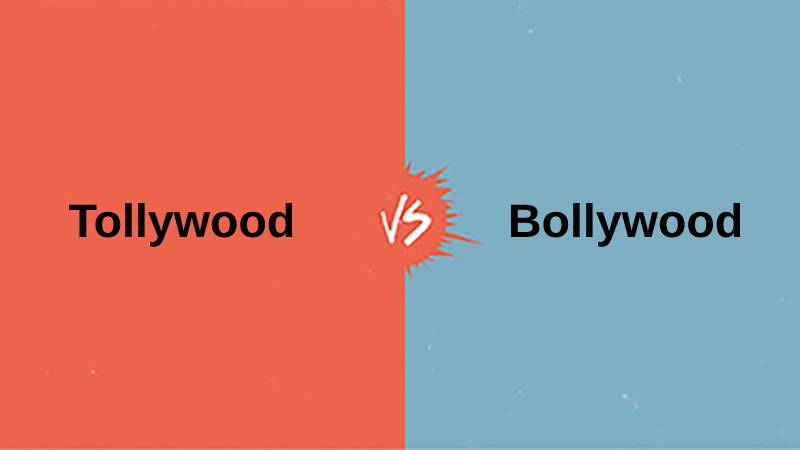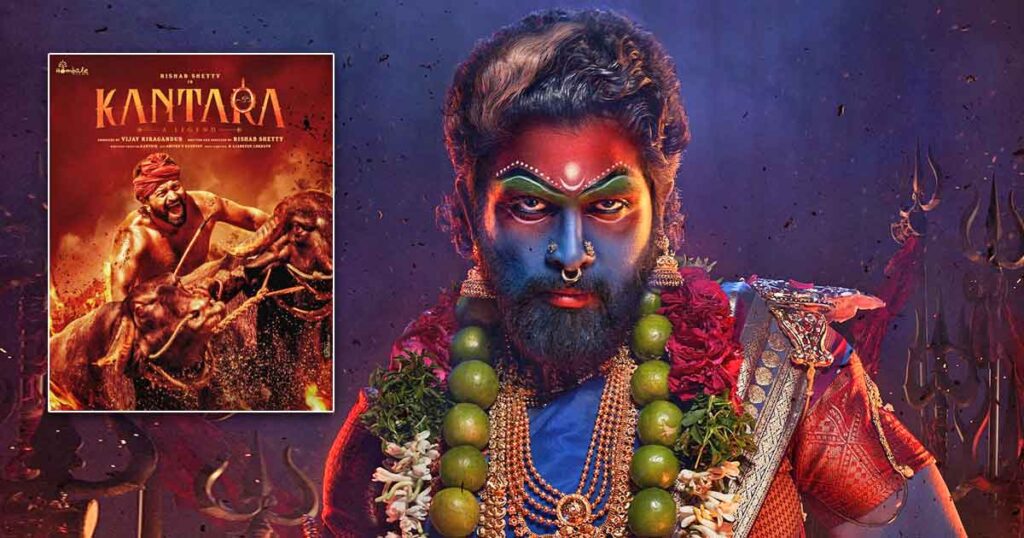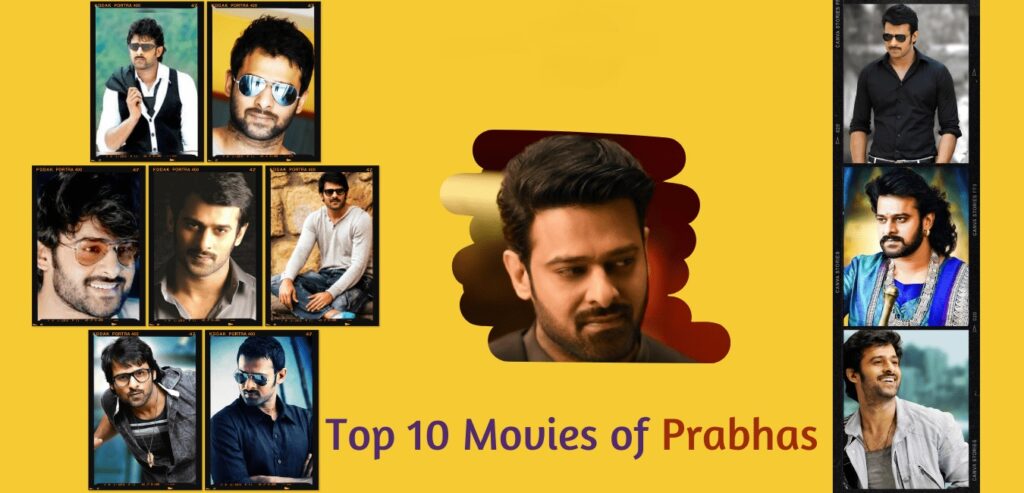In the expansive realm of cinema, the battle of supremacy between Tollywood and Bollywood has been a perpetual topic of discussion. These two film industries, rooted in different cultural contexts, have carved a niche for themselves on the global stage. While Bollywood, the Hindi-language film industry, boasts an unparalleled scale and reach, Tollywood, the Telugu-language film industry, has emerged as a powerhouse of creativity. In this exploration, we aim to dissect the unique attributes of each, uncovering the nuances that make them distinct and appreciating the artistic tapestry they weave.

Tollywood vs Bollywood?
Bollywood: The Extravaganza of Dreams
Bollywood, often hailed as the heart of Indian cinema, is synonymous with grandeur and spectacle. The industry, based in Mumbai, is known for its opulent productions, larger-than-life sets, and star-studded ensembles. The influence of Bollywood is felt globally, and its films have transcended linguistic and cultural barriers, earning it a colossal fan base.
One of the defining features of Bollywood is its musical prowess. The integration of soul-stirring melodies and intricately choreographed dance sequences has become a hallmark of Hindi cinema. From the timeless classics of Lata Mangeshkar to the contemporary beats of Arijit Singh, Bollywood’s musical journey mirrors the evolution of India itself.
However, the criticism often levied against Bollywood revolves around its tendency to lean towards formulaic storytelling. The prevalence of clichéd narratives, stereotypical characters, and the omnipresent song-and-dance routines can be seen as both a strength and a weakness, depending on one’s cinematic palate.
Tollywood: The Poetic Expression of Telugu Cinema
On the other hand, Tollywood, based in the southern state of Andhra Pradesh, has quietly but steadily made its mark on the global cinematic landscape. Telugu cinema is celebrated for its rich storytelling, dynamic characters, and a penchant for pushing creative boundaries. Directors like Rajamouli and Trivikram Srinivas have spearheaded a new wave of Telugu cinema, transcending conventional norms.
Tollywood’s emphasis on storytelling is underscored by its willingness to experiment with genres. From mythological epics like “Baahubali” to socially relevant dramas like “Jersey,” Telugu cinema showcases a diverse range of narratives that cater to a broad audience spectrum. The industry has also produced actors like Prabhas and Allu Arjun, who have gained international recognition for their performances.
While Tollywood may not match the sheer scale and budget of Bollywood, its resourcefulness and ability to deliver compelling narratives on a relatively modest budget are commendable. The success of films like “Arjun Reddy” and “KGF” has demonstrated that a well-crafted story can resonate with audiences across linguistic and cultural boundaries.
Cultural Context: The Soul of Cinema
The distinction between Tollywood and Bollywood is not merely linguistic; it is deeply rooted in the cultural fabric of their respective regions. Bollywood reflects the diversity of India, with films representing various states, languages, and traditions. The industry serves as a cultural ambassador, disseminating the vibrancy of Indian traditions to a global audience.
Tollywood, with its focus on Telugu culture, has a unique charm that resonates with audiences in Andhra Pradesh and Telangana. The portrayal of regional customs and traditions in films adds authenticity to the narratives, fostering a sense of connection among the local audience.
Global Impact: Beyond Borders
While Bollywood has traditionally been the face of Indian cinema on the global stage, Tollywood has made significant inroads in recent years. The monumental success of “Baahubali” opened doors for Telugu cinema internationally, garnering attention for its exceptional visual effects and narrative prowess.
Bollywood, with its global diaspora, has a wider reach, and films like “Dangal” and “Padmaavat” have broken box office records worldwide. The crossover success of Bollywood stars like Priyanka Chopra and Shah Rukh Khan has contributed to the industry’s global recognition.
Conclusion:
In the eternal debate of Tollywood versus Bollywood, there is no definitive answer to which is “better.” Each industry has its own strengths, and the choice between the two often boils down to personal preferences. Bollywood’s grandeur and global influence contrast with Tollywood’s focus on storytelling and regional authenticity.
Ultimately, the beauty of Indian cinema lies in its diversity, with Tollywood and Bollywood representing different facets of a rich and multifaceted culture. As audiences, we are fortunate to witness the magic that unfolds on both the grand stages of Bollywood and the nuanced canvases of Tollywood, each contributing uniquely to the cinematic tapestry of India.
Read More:- Top 10 memorable songs sung by Amitabh Bachchan
Read More:- The Unmatched Legacy of Karan Johar: A Cinematic Maestro









